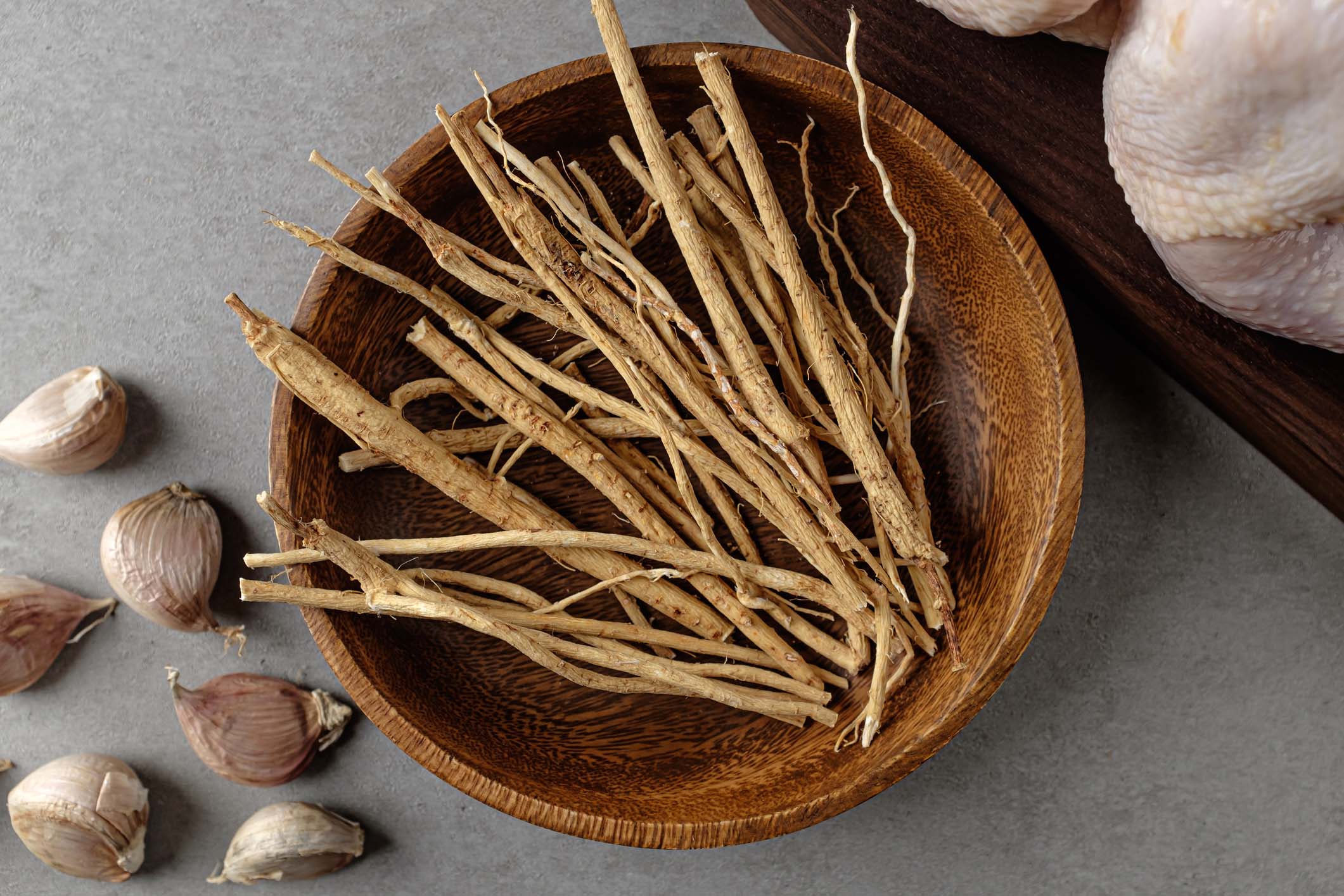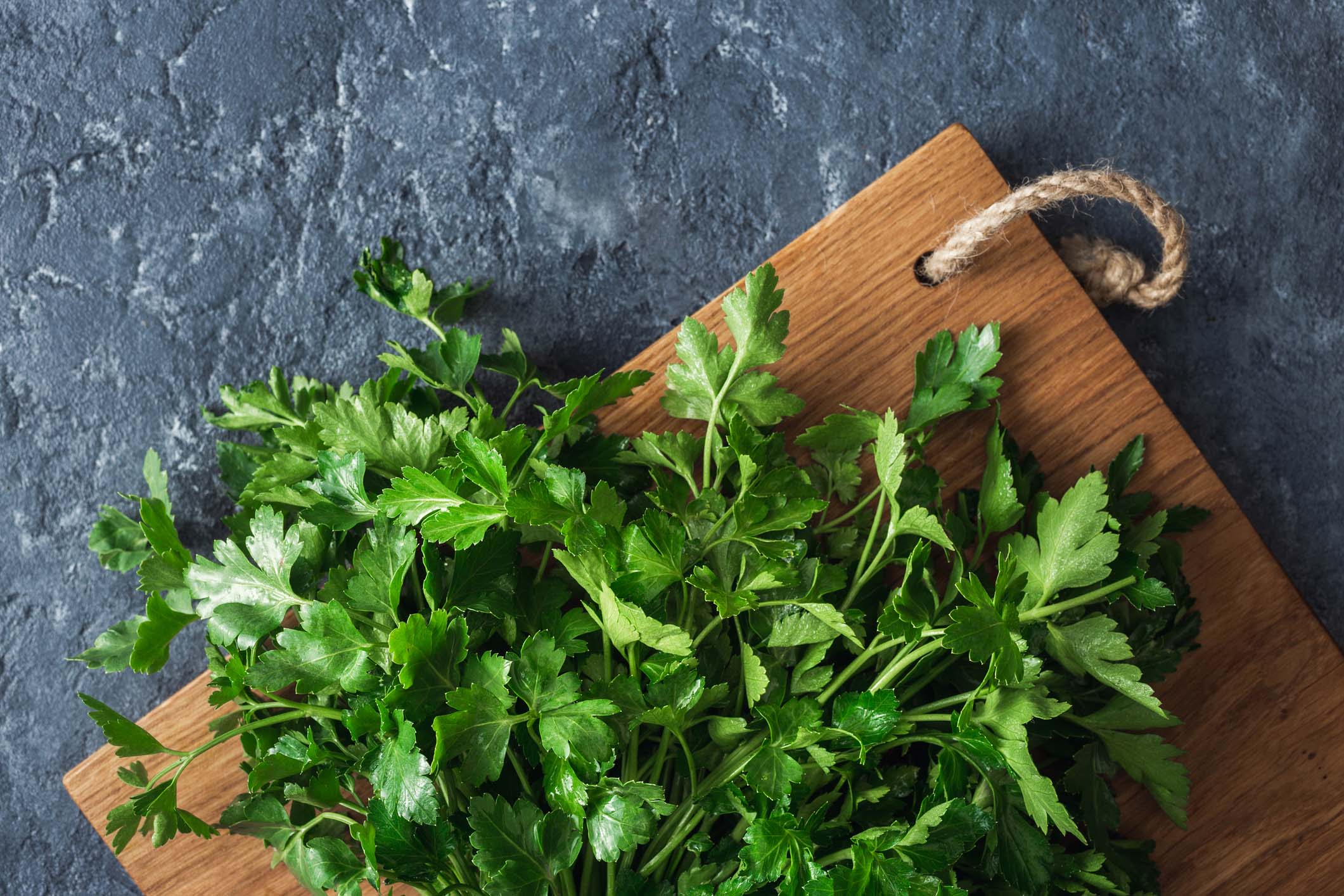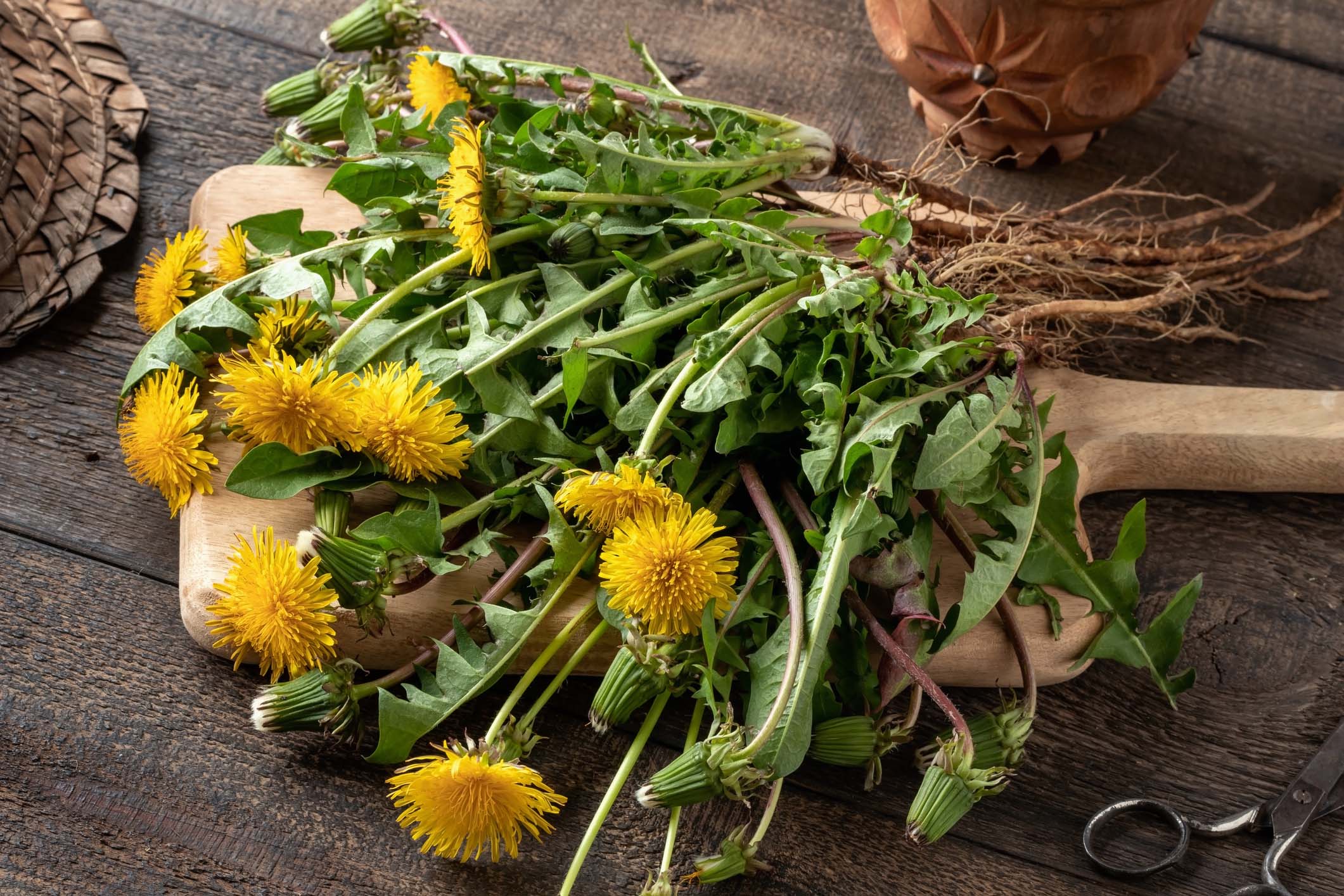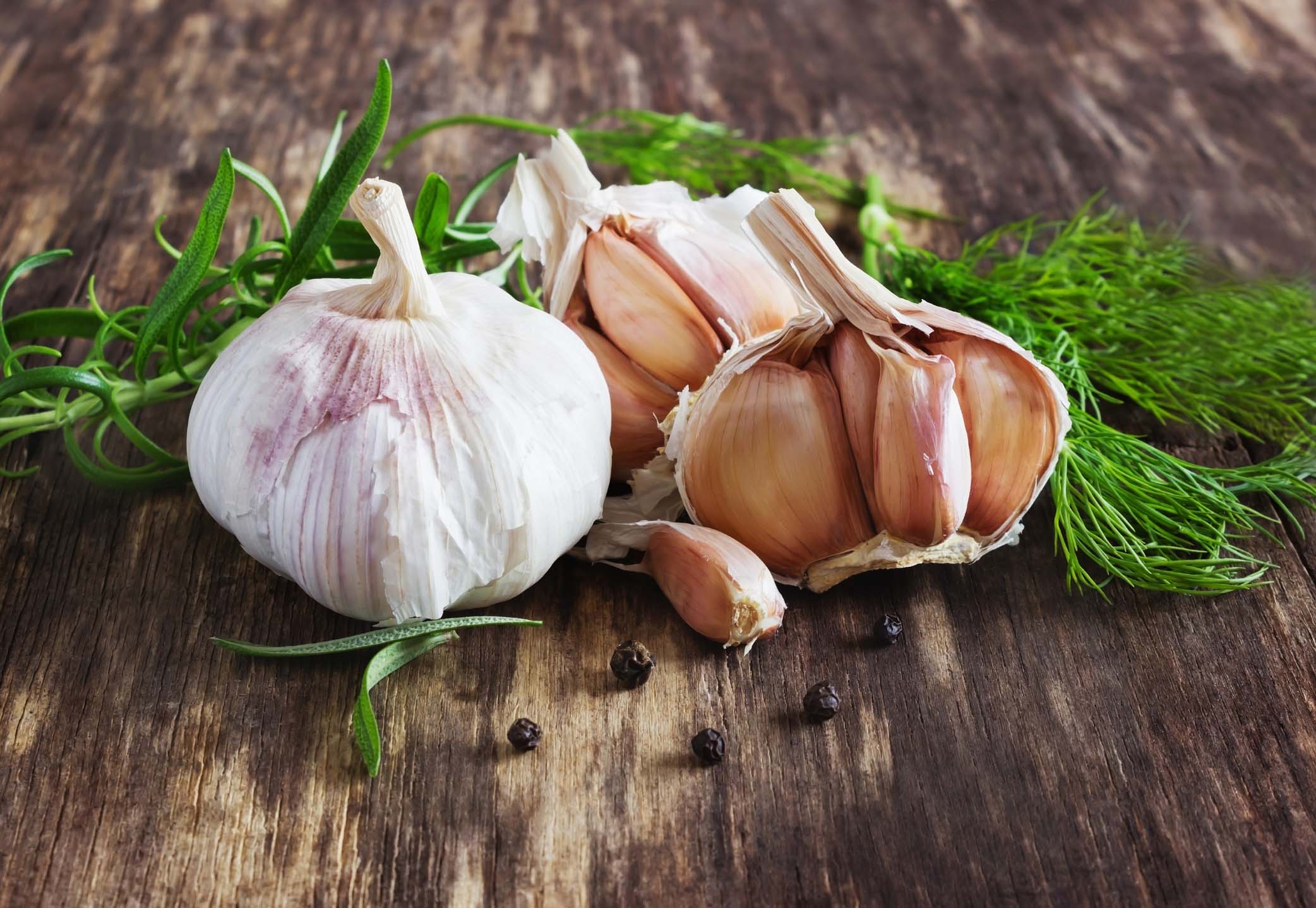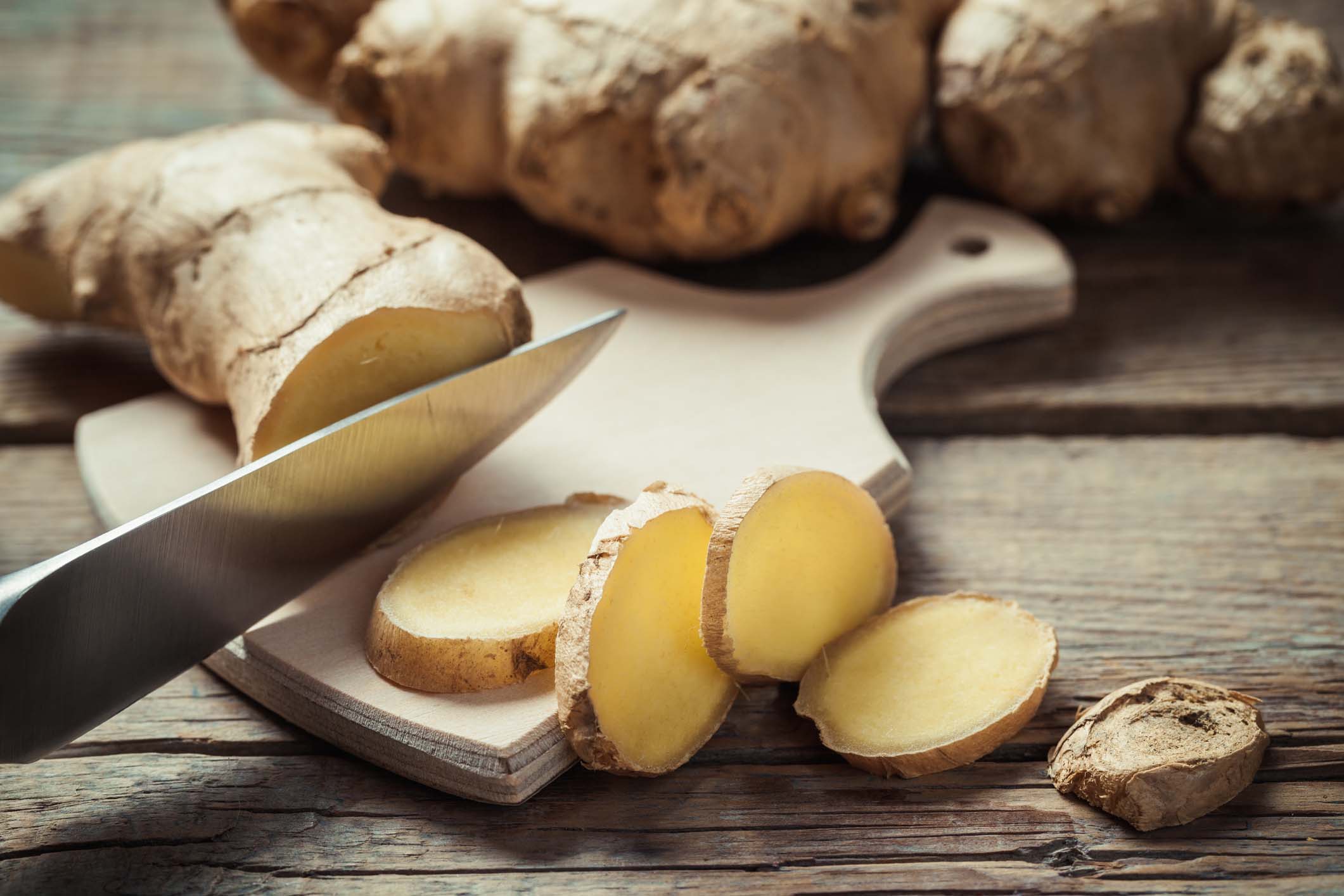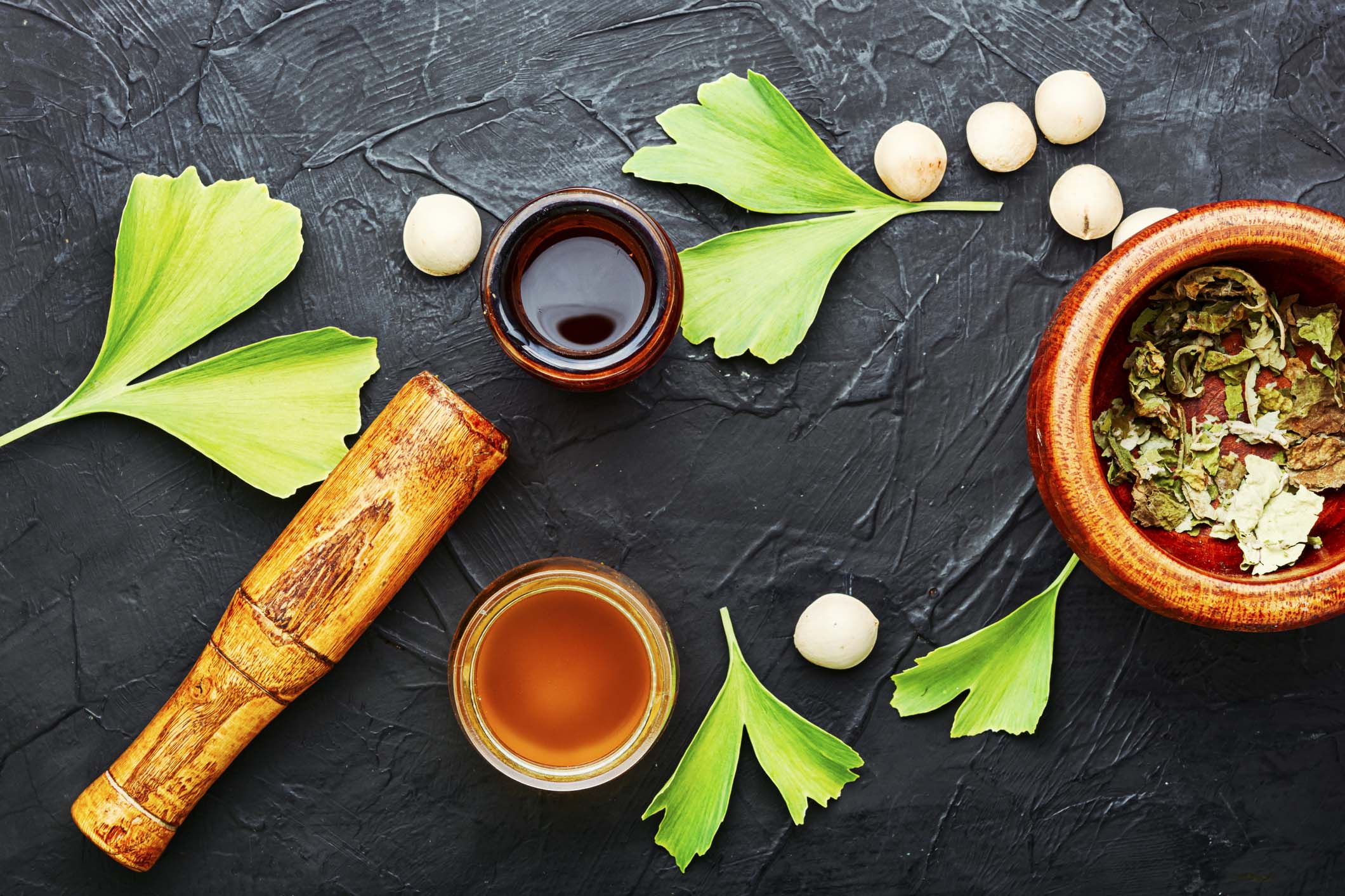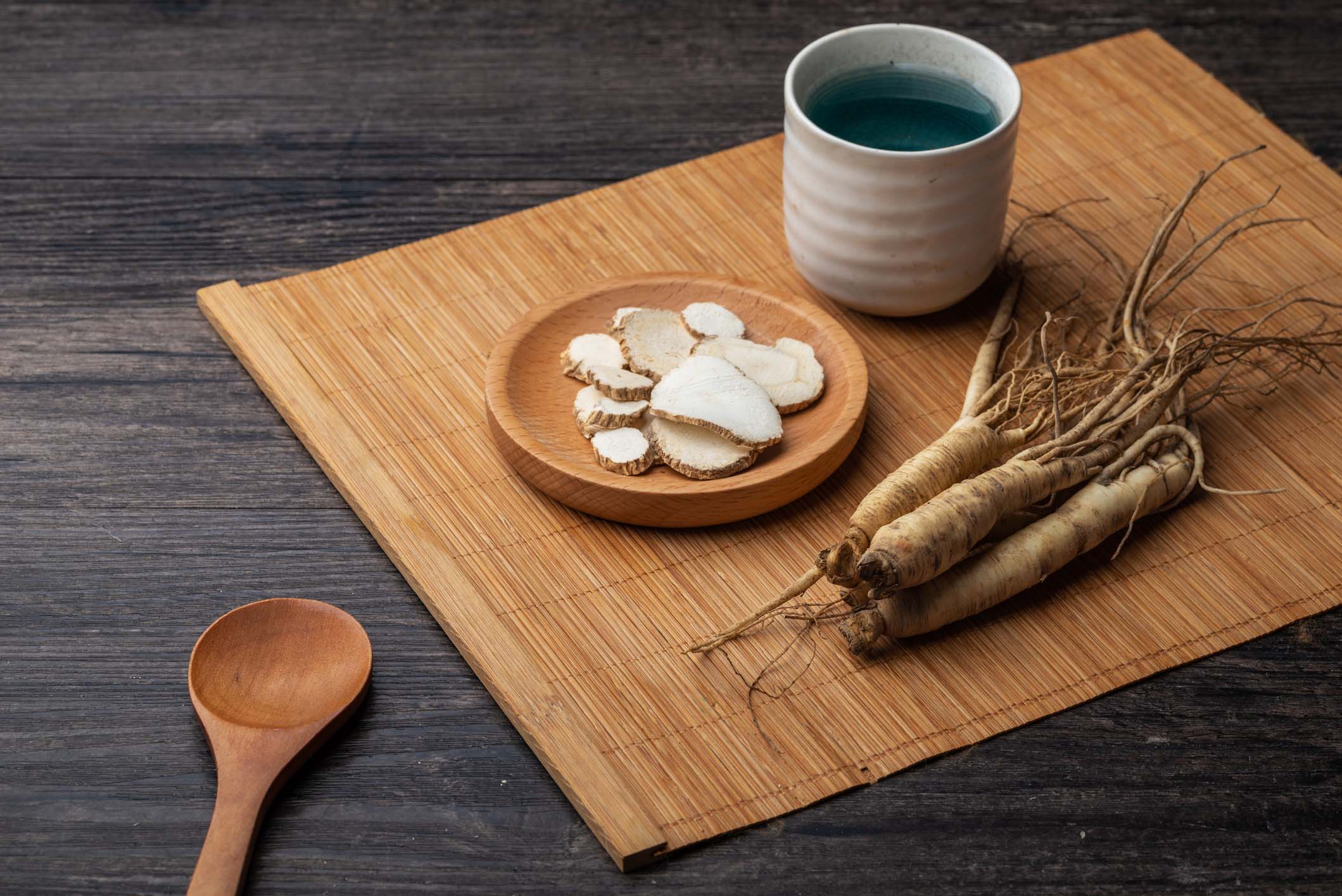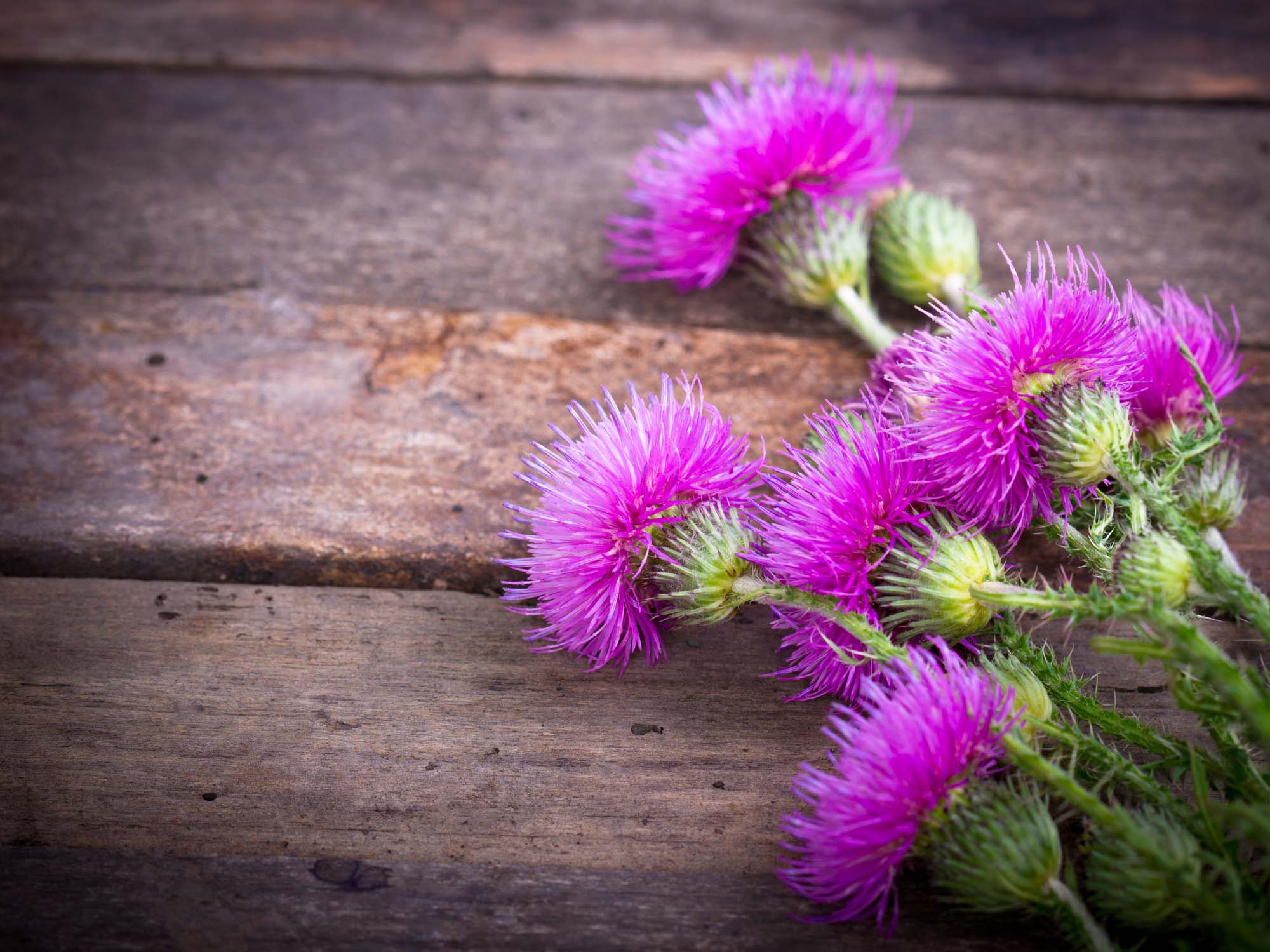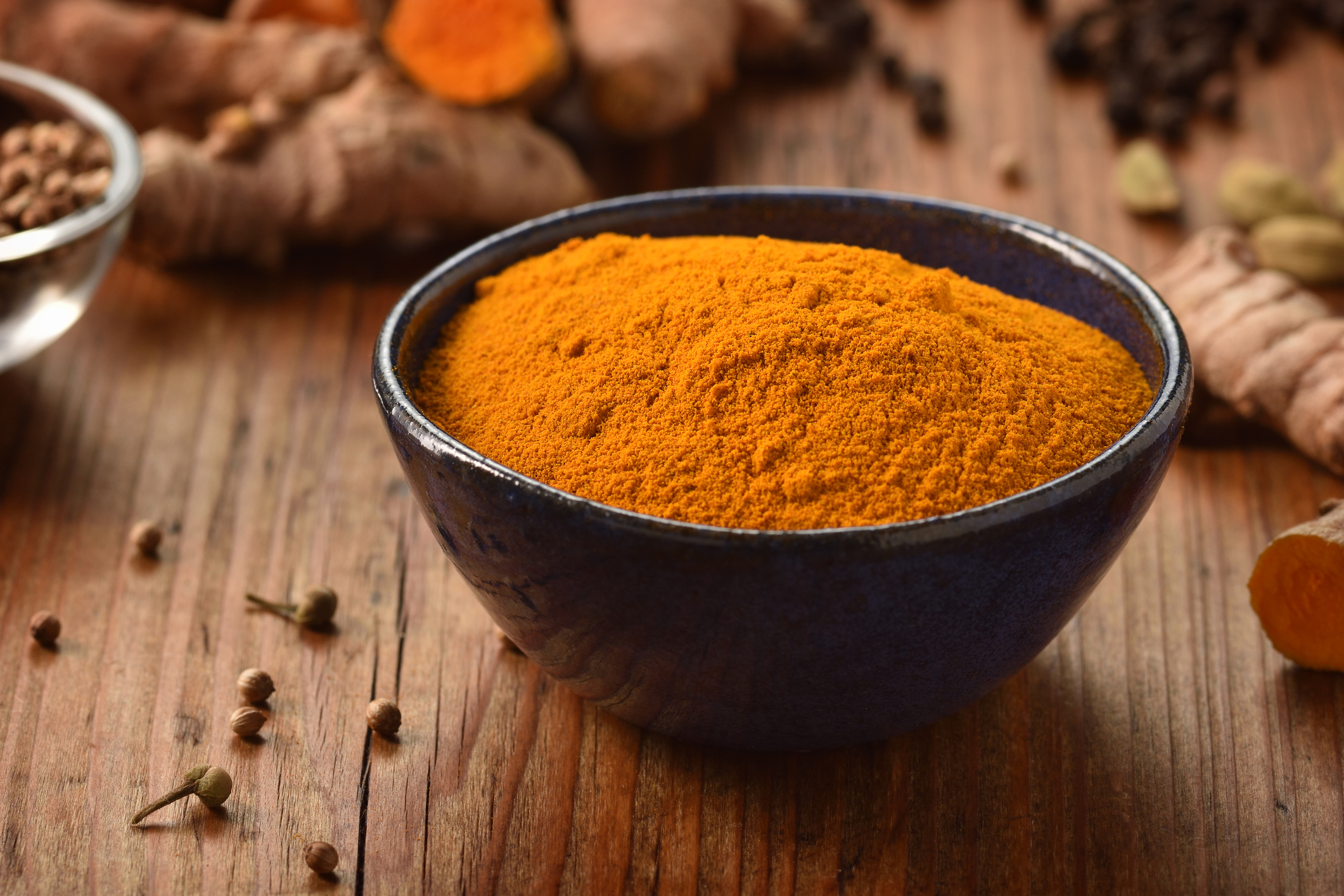These Are the 10 Top Herbs To Support Your Liver

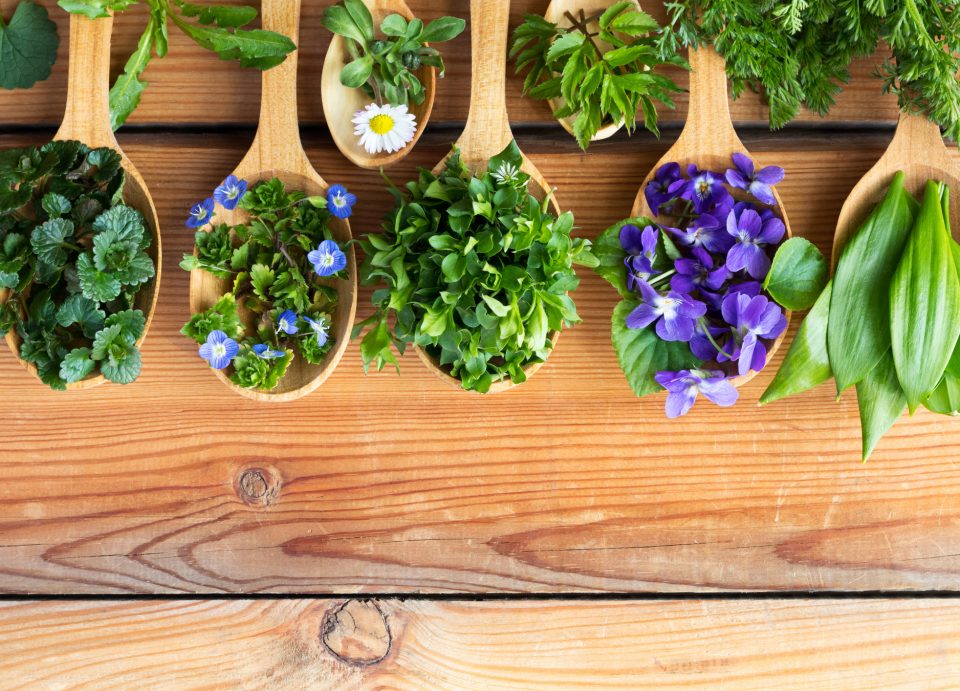
Liver disease is more common than you may realize and has many negative health effects to be aware of. In the United States, about 4.5 million adults live with chronic liver disease including hepatitis, nonalcoholic fatty liver disease (NAFLD), alcoholic liver disease, liver cancer, cirrhosis, and liver failure. Having high blood pressure, uncontrolled blood sugar, a high body mass index (BMI), and excessive alcohol intake can all increase your risk but the good news is — there’s a lot you can do to support your liver, too.
Herbs and foods that support or protect the liver do so mainly by offering the benefit of specific antioxidant compounds that can quench free radicals in the body and help to prevent the liver damage they may cause. If your liver needs some support or protection, there are a number of herbs that can help. Here are the FoodTrients® 10 liver supporting herbs that you need to know about as we start the new year:
1. Astragalus
This herb has many health benefits, but one that’s lesser known is how powerful it is at supporting the liver. Not only does astragalus contain potent anti-inflammatory and antibacterial properties, but the unique antioxidants it contains have been shown in some studies to benefit liver health specifically. In one animal study, it was shown to reduce liver fibrosis. Astragalus is almost always found in supplement form — powders and capsules — so be sure to ask your medical team if this could be a beneficial herb for your goals, especially if you have liver disease.
2. Burdock root
Burdock root is full of powerful antioxidants like quercetin, luteolin, and phenolic acids that can help the liver dodge free radical damage. These same antioxidants can offer anti-inflammatory benefits to the liver as well; a double benefit for this organ. While burdock root can be eaten in its plant form when acquired from trusted sources, it is more often taken in supplement form. It is important to take burdock in moderation so reach out to your medical team to see if burdock root is right for your health goals and how to best use it to help your liver health goals.
3. Cilantro
Cilantro is more than just a delicious herb from the garden used to flavor foods. It can also be used as a detox booster for the liver thanks to the various antioxidants packed into this plant. Cilantro is a known chelator, meaning that it may help remove heavy metals and toxins from the body when used correctly. Drinking cilantro juice or adding it to your food may be beneficial for the health of your liver. If you really want to use it therapeutically to detox the body, be sure to work with a trained medical professional who can help you navigate how to use it for specific health reasons because detoxifying is serious business.
4. Dandelion
This common weed and potential foe to gardeners is extremely beneficial for liver health. The polysaccharides (sugars) in this green leafy plant may lower the amount of stress on the liver while it works hard to detox the body. The compounds in dandelion greens help encourage the liver to produce bile, a substance that is released to help break down fat in the body. Enjoy this herb in tea form by steeping the root, leaves, or both in hot water, so long as you have a good organic source. You can also eat the greens by adding them to salad.
5. Garlic
Garlic not only adds flavor to your favorite dishes, but it also has liver protecting properties. Selenium, a mineral found in garlic, helps promote the activity of antioxidants, preventing toxic substances from reaching other important organs in the body. Garlic also helps to lower unhealthy cholesterol levels, protecting the liver from damage that can occur when these levels build up. Adding garlic to your food is a great way to reap these benefits though you can also find garlic in capsule form if you want to aim for a higher, targeted dose.
6. Ginger
Ginger root has been used as an elixir long throughout history and is an incredible herb for liver health. It is packed with antioxidants that may protect this vital organ from toxins, including alcohol, by reducing inflammation and helping to protect the liver from cellular damage. One study found that ginger helped increase the levels of antioxidant enzymes in the liver, potentially protecting against liver fibrosis. Add ginger to your favorite dishes to give your liver some support or enjoy a cup of ginger tea.
7. Ginkgo
This plant is also known as a living fossil because it has been grown for thousands of years and is the only surviving member of an ancient family of plants. The leaves of the ginkgo tree pack powerful antioxidants including flavonoids and terpenoids which help to protect the liver against damage-causing free radicals in the body. Ginkgo is available in supplement form such as capsules, tablets, and extracts, but can also be found in tea form as well. While side effects from this herb are rare, it is important to consult with your medical team to see if gingko is right for you as it can interact with some medications.
8. Ginseng
For thousands of years, ginseng has been used in traditional Chinese medicine (TCM) for many reasons, including as a tonic for the liver. Today, it is still being used as a natural medicine all across the globe. Ginseng is well known for its anti-inflammatory properties and has been found to protect the liver from damage and disease. To reap the benefits of this incredible plant, eat ginseng root raw, lightly steamed, or even steeped in water and enjoyed as a tea.
9. Milk Thistle
Milk thistle has been used as a natural medicine for centuries and is well-known to support the liver. Studies continue to find that supplementing with milk thistle can be protective for the liver because one of its active ingredients, silymarin, acts as an antioxidant that protects the liver from damage-causing free radicals. For the best bioavailability and therapeutic use, it is recommended to take this herb in supplement form (with your doctor’s approval). You’ll often find it in capsules.
10. Turmeric
Turmeric has strong antioxidant properties that help protect the liver against oxidative stress. In other words, people struggling with liver diseases such as NAFLD may greatly benefit from adding turmeric into their diet to help protect their liver and help it heal. Colored a deep yellow, the active compound, curcumin, has potent antioxidant content. It is generally safe to add turmeric directly to your favorite dishes so blend it into a smoothie, grate it into salad dressing, or add it to a marinade. You can also take it in supplement form with your physician’s ok if it’s appropriate to help reduce inflammation and support your liver health goals.
